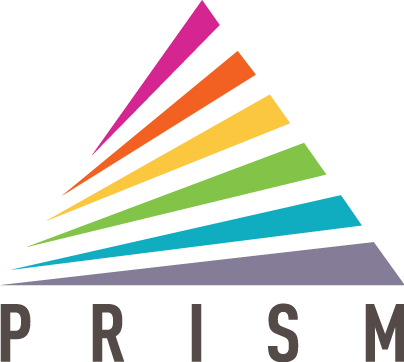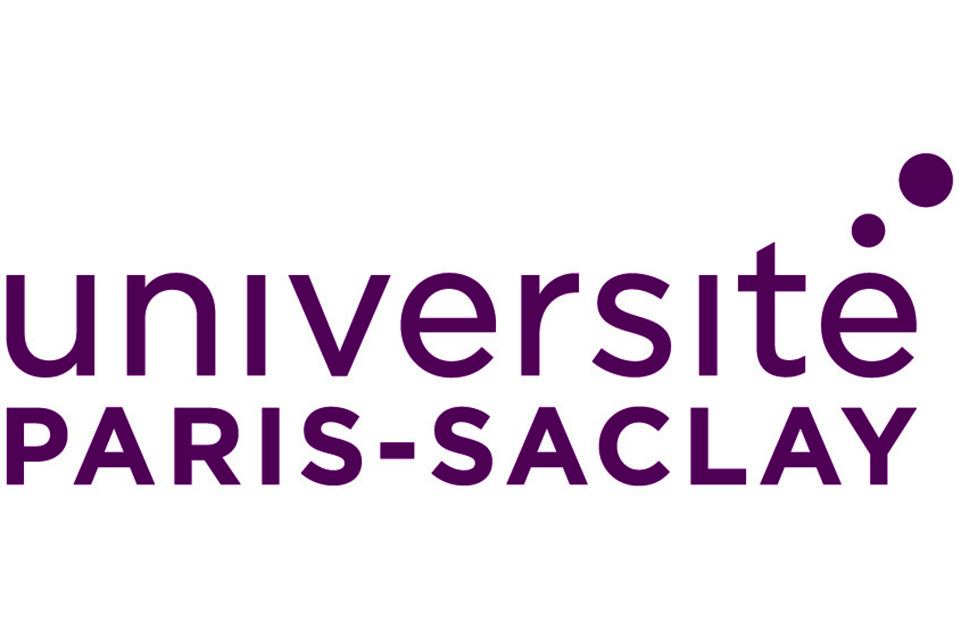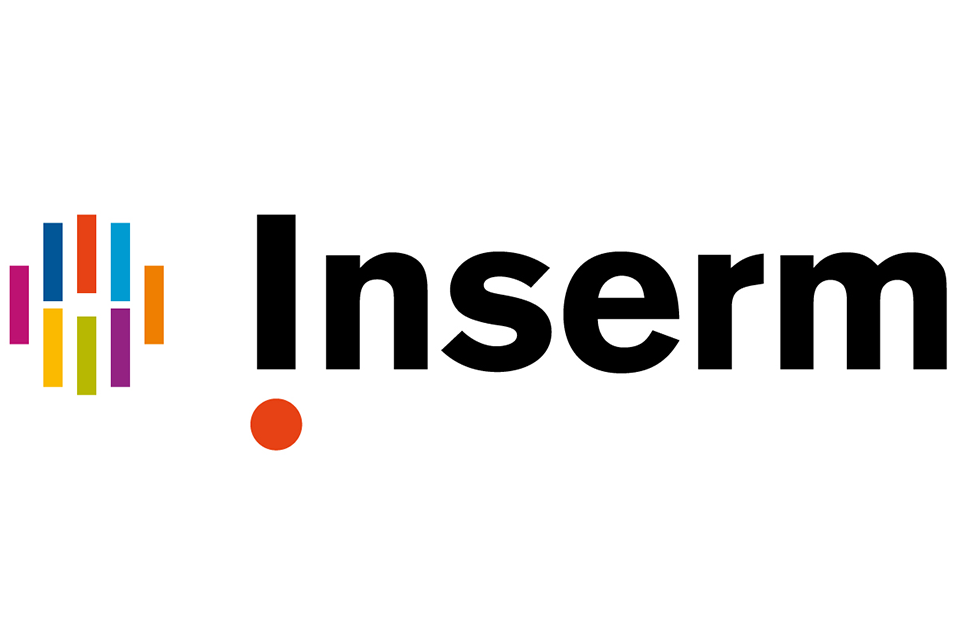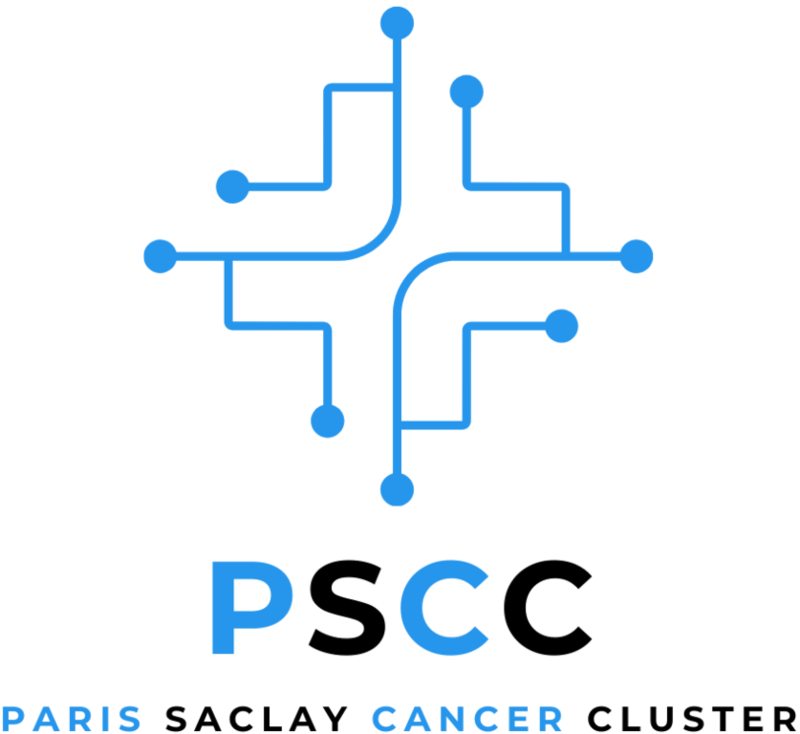Fabrice Andre, Mosele Fernanda, Elise Deluche, Amelie Lusque, Loic Le-Bescond, Thomas Filleron, Yoann Pradat, Agnes Ducoulombier, Barbara Pistilli, Thomas Bachelot, Frederic Viret, Christelle Levy, Nicolas Signolle, Alexia Alfaro, Diep Tran, Ingrid Garberis, Hugues Talbot, Stergios Christodoulidis, Maria Vakalopoulou, Nathalie Droin, Aurelie Stourm, Maki Kobayashi, Tomaya Kakegawa, Ludovic Lacroix, Patrick Saulnier, Bastien Job, Marc Deloger, Marta Jimenez, Vianney Baris, Pierre Laplante, Patricia Kannouche, Virginie Marty, Magali Lacroix-Triki, Veronique Dieras
Abstract
Trastuzumab deruxtecan (T-DXd) is an anti-HER2 (human epidermal growth factor receptor 2) antibody-drug conjugate which has previously shown efficacy in patients with HER2-overexpressing and HER2-low metastatic breast cancer (mBC). However, the mechanisms of action and resistance of this drug remain partially unclear. DAISY (NCT04132960) is a phase II, open-label study that included patients with mBC whose disease progressed after at least one line of chemotherapy in the metastatic setting. Patients were enrolled in three cohorts according to HER2 expression determined by immunohistochemistry (IHC); cohort 1: HER2-overexpressing (HER2 IHC 3 + or HER2 IHC 2+/ISH+, n = 72), cohort 2: HER2-low (HER2 IHC2+/ISH- or HER2 IHC 1+, n = 74), and cohort 3: HER2 IHC 0 mBC (n = 40). Patients were treated with T-DXd 5.4 mg/kg every 3 weeks until disease progression or unacceptable toxicity. In the full analysis set population (n = 177), the confirmed objective response rate (ORR) was of 70.6% (95% CI: 58.3–81) in cohort 1, 37.5% (95% CI: 26.4–49.7) in cohort 2, and 29.7% (95% CI: 15.9–47) in cohort 3 (p < 0.0001). The median progression-free survival (PFS) was 11.1 months (95% CI: 8.5–14.4) in cohort 1, 6.7 months (95% CI: 4.4–8.3) in cohort 2, and 4.2 months (95% CI: 2-5.7); in cohort 3. Cohort 1 was significantly associated with longer PFS (adjusted HR: 0.53, 95% IC: 0.34–0.84, p = 0.007), and cohort 3 with shorter PFS (adjusted HR: 1.96, 95% IC: 1.21–3.15, p = 0.006) as compared to cohort 2. Exploratory analyses showed that HER2 spatial distribution predicted T-DXd response in patients with HER2-overexpressing mBC and that the transcriptomic response to T-DXd was different according to HER2 expression. No quantitative modulation of tumor microenvironment was observed after 6 to 8 weeks of treatment. Finally, recurrent mutations of the DNA repair gene SLX4 were identified in 20% of samples at resistance (4/20) as compared to 2% in baseline samples (2/88), suggesting that SLX4 mutations could mediate secondary resistance to T-DXd. These data suggest that HER2 is a key determinant of T-DXd efficacy. However, an antitumor activity is also observed in a subgroup of patients without detectable HER2 expression and resistance could be partially mediated by payload sensitivity.








